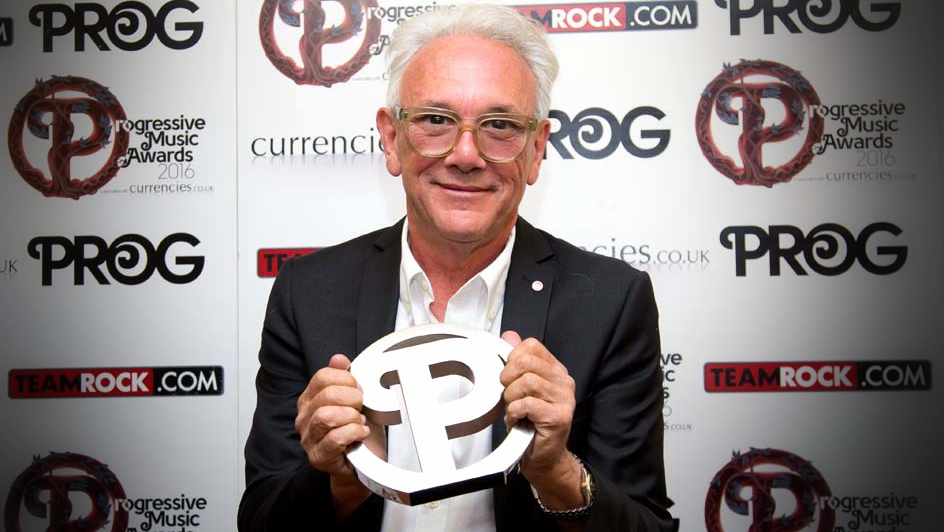British Gambling Culture. Gambling has become a cultural phenomenon in the UK and various forms of betting are deeply woven into the fabric of society. From the Grand National and Wimbledon tournaments to local bingo halls, gambling is an integral part of British life. In this country, more than 40 per cent of adults participate in some form of gambling, with the most popular form of gambling being the National Lottery, played by around 70 per cent of the population.
- Impact on social norms. The prevalence of gambling has not only shaped social norms but has also influenced everyday language and behaviour. Friendly betting between friends and family members is commonplace, and idioms related to gambling are often used in everyday communication. British idioms such as 'hedge your bets' and 'luck of the lot' reflect the cultural integration of gambling terminology into everyday life.
- Sports and betting. Sporting events, especially football matches, are synonymous with betting. The excitement of gambling has become intertwined with the passion for sport, creating a unique cultural connection. It is estimated that the country's annual sports betting market is worth over £14bn.
- Entertainment and media. The impact of gambling is not limited to sporting events. Television programmes such as The Great British Bake Off include betting elements, further normalising gambling as a form of entertainment. The UK gambling industry spends around £1.2bn on advertising, which contributes to its ubiquitous presence in the mainstream media.
The economic impact of gambling
Job Creation. The gambling industry in the UK is a major employer, creating thousands of jobs. From bookmakers to casino staff and online gambling developers, the industry provides livelihoods across the country. According to the UKGC, the gambling industry provides employment for over 100,000 people.
Tax revenue. The state benefits greatly from taxation of gambling activities. Tax revenues fund public services and infrastructure projects, making a significant contribution to the country's economy. In 2020/2021, the government collected over £3.1bn in gambling tax to fund essential public services.
Tourism and hospitality. Casinos, betting shops and racecourses attract tourists, both local and foreign, which boosts the hospitality sector. This influx of visitors stimulates the local economy and creates opportunities for small businesses. It is estimated that casino tourism generated £120 million to the economy in 2019, supporting hotels, restaurants and local businesses.
Investment and Innovation. The UK gambling industry is embracing technology, driving innovation in online betting and gaming platforms. These innovations not only drive economic growth, but also enhance the country's reputation as a centre for gambling technology. The UK is a world leader in online gambling, with many companies headquartered in the country.
Addressing social problems
Problem gambling. Despite the undeniable economic benefits, the prevalence of problem gambling remains a concern. The UK has measures in place to promote responsible gambling and support those affected by it.
Regulation and oversight. The state plays an important role in regulating the industry to ensure fairness, protect consumers and prevent criminal activity. The Gambling Act of 2005 is the main legislation regulating gambling activities in the country and emphasises the importance of responsible gambling and consumer protection.
Conclusion
The relationship between gambling and society in the UK is complex and has both cultural and economic implications. While gambling is deeply embedded in British culture and generates significant economic benefits, its use must be balanced with efforts to reduce the potential harms associated with addiction and irresponsible behaviour. Striking this balance will help to ensure that gambling continues to have a positive impact on both the culture and economy of the UK.









